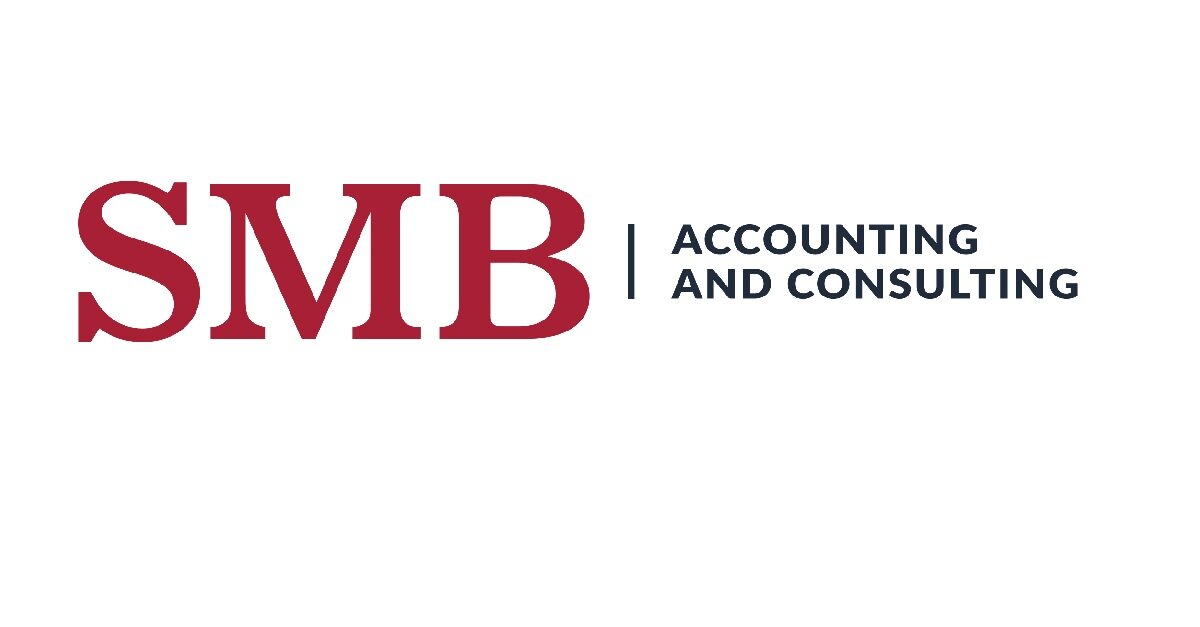Common Accounting Mistakes: Government Edition - Issue #7 Accounting for Fixed Price vs Cost Contracts
For small businesses working to attain contracts through the Small Business Innovation Research (SBIR) or Small Business Technology Transfer (STTR) programs, the first phase of the project is typically a firm fixed price (FFP) contract. This type of contract requires justification for the overall price of the proposal, but once awarded no adjustments are made based on the price of performing the agreed upon work. The cash belongs to the contractor and it is up to the contractor to manage expenses to make profit. Moving to phase II typically means a different type of contract, cost plus fixed fee (CPFF). This type of contract requires detailed tracking of costs. Even though a contract amount has been awarded, funds are only paid to the contractor based on actual expenses. This requires a detailed job costing within an accounting system for which many contractors are not prepared.
Whether the SBIR/STTR that’s being worked is a grant through the National Science Foundation (NSF) or a federal contract, there is an oversight agency, such as the Defense Contract Audit Agency (DCAA) for Department of Defense (DOD) contracts, that will review the adequacy of a contractor’s accounting system prior to a phase II award. Sometimes there are financial viability reviews before the award as well. These oversight bodies are not typically concerned with a contractor’s accounting system during a phase I award because of the fixed price. Before beginning a phase II, the accounting system must be reviewed to ensure accordance with Federal Acquisition Regulations (FAR). Costs must be allocated to jobs, projects, or contracts. The accounting system must be able to identify and segregate disallowed costs. Internal controls must be documented and monitored to ensure federal funding it allocated properly. Either accrual accounting or a process for converting cash basis financials to accrual for review/audit must be implemented. The requirements are significant. These examples are not all encompassing. For most contractors moving towards a phase II award for the first time, establishing the proper accounting policies and procedures can become overwhelming. Lack of proven compliance can lose the award, regardless of any exceptional work done by the contractor on the phase I award.
Reaching out to a professional at least 6 months prior to a phase II award is recommended. The commitment of time and cashflow can be spread out to ensure compliance before a phase II is considered. This makes the entire process easier and allows for procedures to be implemented and become comfortable before they are auditable. While all accountant’s should have general knowledge of accounting principles, not all accountant’s understand the FAR requirements or why a small business would need to abide by such stringent regulations. Finding a subject matter expert is ideal to ensure a contractor is ready to transition to the phase II award with little to no accounting audit issues.

